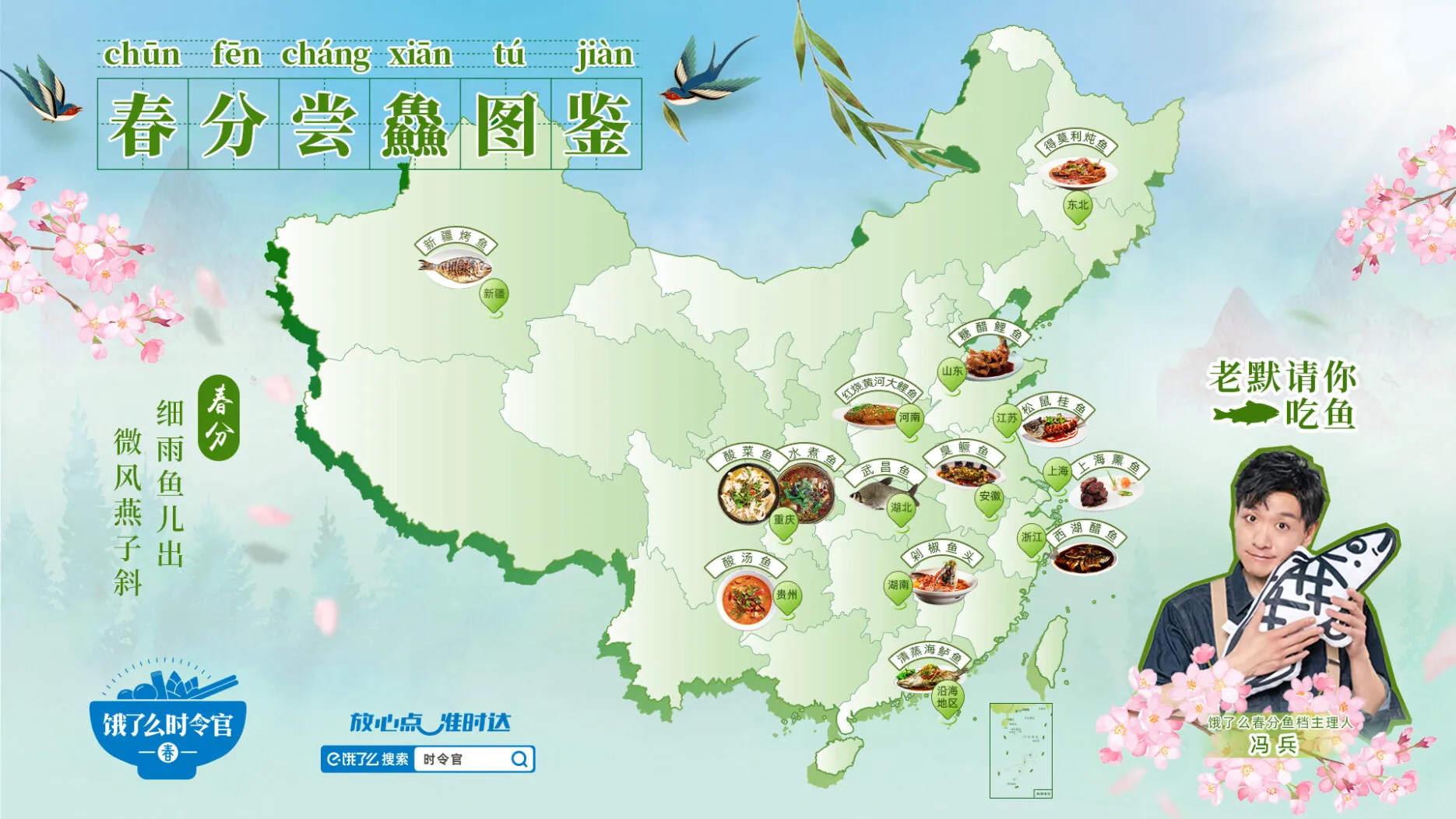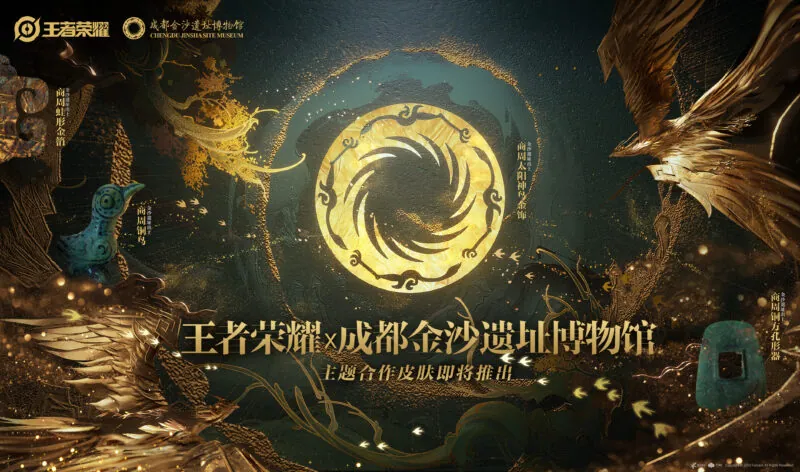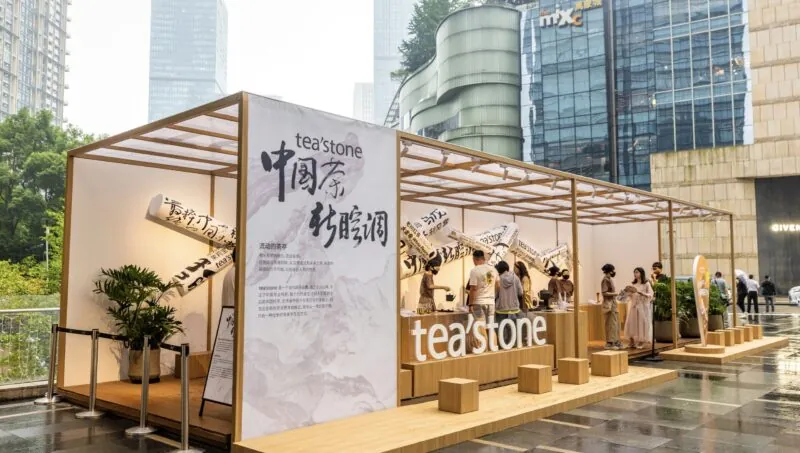Meituan and Ele.me, the two giants of China’s vibrant local life services sector, went head-to-head on the spring equinox to win over urban workers, or dagongren 打工人.
Dagongren originally meant something akin to “labourer”, though its usage could sometimes be expanded to include other types of low-paid shift work. But these days it has become a byword for the common struggle of all workers, thanks to China’s meme culture. Instead of “lying flat”, China’s disaffected young people now poke fun at their plight, portraying themselves as somewhat pitifully toiling for little reward, part of an unending cycle that is as tragic as it is comical.
This attitude forms an important part of understanding the Post-90 and subsequent generations. Let’s see how the two brands fared at targeting this demographic for the spring equinox marketing window.
Meituan: let hope blossom in the workplace
To concept of Meituan’s spring equinox campaign is simple: eat well and go to work happy. To motivate consumers to order takeout on this occasion, Meituan set up a lottery and stashed some care packages in selected food collection lockers in Shanghai, Beijing, Guangzhou, and Hangzhou.
Meituan stashed care packages in food collection lockers in Shanghai, Beijing, Guangzhou, and Hangzhou
Some lucky customers in these locations who placed food orders on the day were randomly selected and discovered a care package waiting for them upon collecting their food. Tying this into the spring theme, the care packages include a packet of seeds – either sunflower, strawberry, tomato, or chilli pepper.
The campaign advert shows a worker’s inner monologue as he lists off his motivations for working: he hopes one day to have a house and a car and is determined to not be beaten down by life. He compares himself to a seed; full of hope, not afraid of heaven or earth.
Rating: 4/10 The core message comes across as slightly corny and ultimately feels out of step with Chinese Gen Z’s penchant for being tongue-in-cheek about work life.
Ele.me: work is not your whole personality
Ele.me’s campaign involves a clever play on the word pingfen 平分, meaning to split equally in half, and the equinox. On Weibo, Ele.me dubbed the equinox “split personality day” since it is when day and night are almost equal in length. With the tagline “How should life be divided?”, Ele.me suggests that like spring equinox, workers possess two opposing personas, one at work and one at home.
The brand humorously demonstrates this “split personality” phenomenon through a series of examples, such as the person who is dozing off at work, then bursting with energy at night, under the slogan “one half is me, but the other half is also me”.
Ele.me suggests that, like spring equinox, workers possess two opposing personas
The brand also came up with some “split personality” meal set suggestions. For example, the 养生 (health preservation)-themed meal comes with nourishing Taiwanese-style chicken soup and a bottle of Japanese Umeshu liquor. The emphasis is on trying something new and giving full expression to both sides of the personality.
Rating: 8.5/10 The core message as well as the style of the advert is firmly on the same wavelength as China’s young people. The campaign’s offline activation, however, lacked the dynamism of the online campaign.









